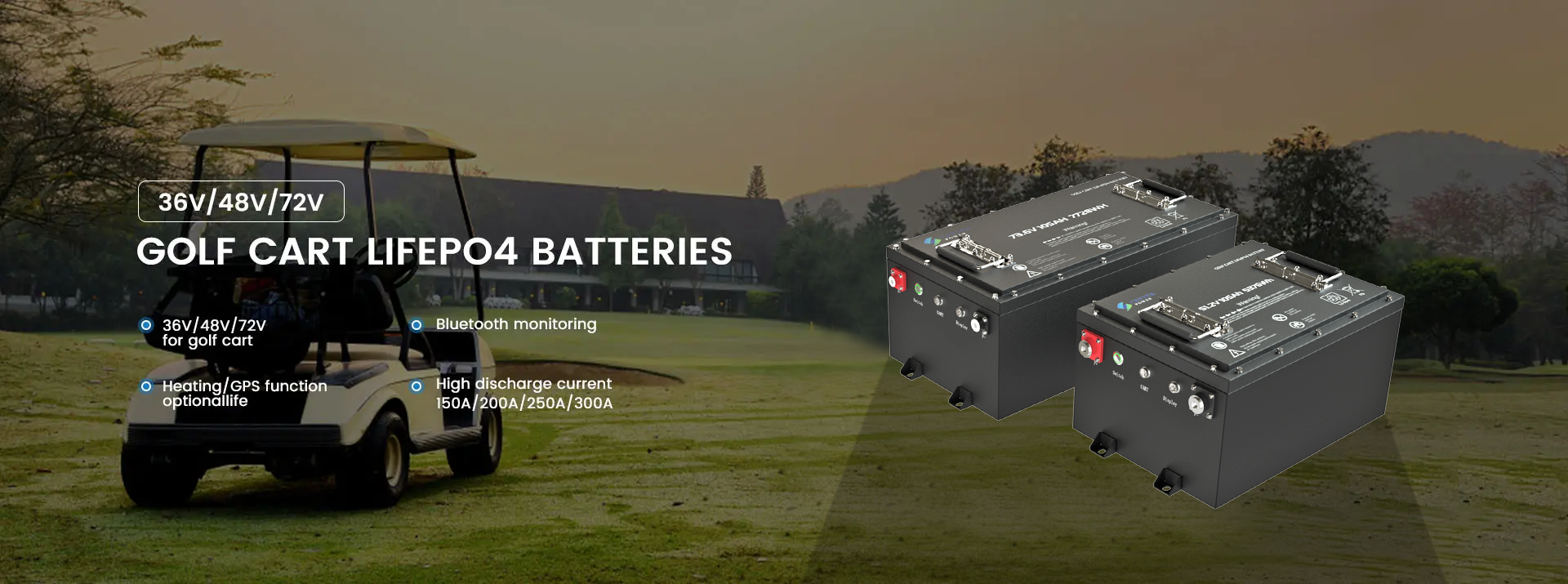
Here are some details on the lithium-ion battery packs offered on various golf cart models:
E-Z-GO RXV Elite - 48V lithium battery, 180 Amp-hour capacity
Club Car Tempo Walk - 48V lithium-ion, 125 Amp-hour capacity
Yamaha Drive2 - 51.5V lithium battery, 115 Amp-hour capacity
Star EV Voyager Li - 40V lithium iron phosphate, 40 Amp-hour capacity
Polaris GEM e2 - 48V lithium battery upgrade, 85 Amp-hour capacity
Garia Utility - 48V lithium-ion, 60 Amp-hour capacity
Columbia ParCar Lithium - 36V lithium-ion, 40 Amp-hour capacity
Here are a few more details on golf cart lithium battery options:
Trojan T 105 Plus - 48V, 155Ah lithium iron phosphate battery
Renogy EVX - 48V, 100Ah lithium iron phosphate battery, BMS included
Battle Born LiFePO4 - Available in 36V, 48V configurations up to 200Ah capacity
Relion RB100 - 12V lithium batteries, 100Ah capacity. Can build pack up to 48V.
Dinsmore DSIC1200 - 12V, 120Ah lithium ion cells for assembling custom packs
CALB CA100FI - Individual 3.2V 100Ah lithium iron phosphate cells for DIY packs
Most factory lithium golf cart batteries range from 36-48 Volts and 40-180 Amp-hours in capacity. Higher voltage and Amp-hour ratings result in more power, range and cycles. Aftermarket lithium batteries for golf carts are also available in various Voltages and capacities to suit different needs. When selecting a lithium upgrade, match the Voltage and make sure the capacity provides sufficient range.
Some key factors when selecting lithium golf cart batteries are the voltage, amp hour capacity, maximum continuous and peak discharge rates, cycle ratings, operating temperature range and included battery management system.
Higher voltage and capacity enable more power and range. Look for high discharge rate capabilities and cycle ratings of 1000+ when possible. Lithium batteries perform best when paired with an advanced BMS to optimize performance and safety.
Post time: Jan-28-2024





